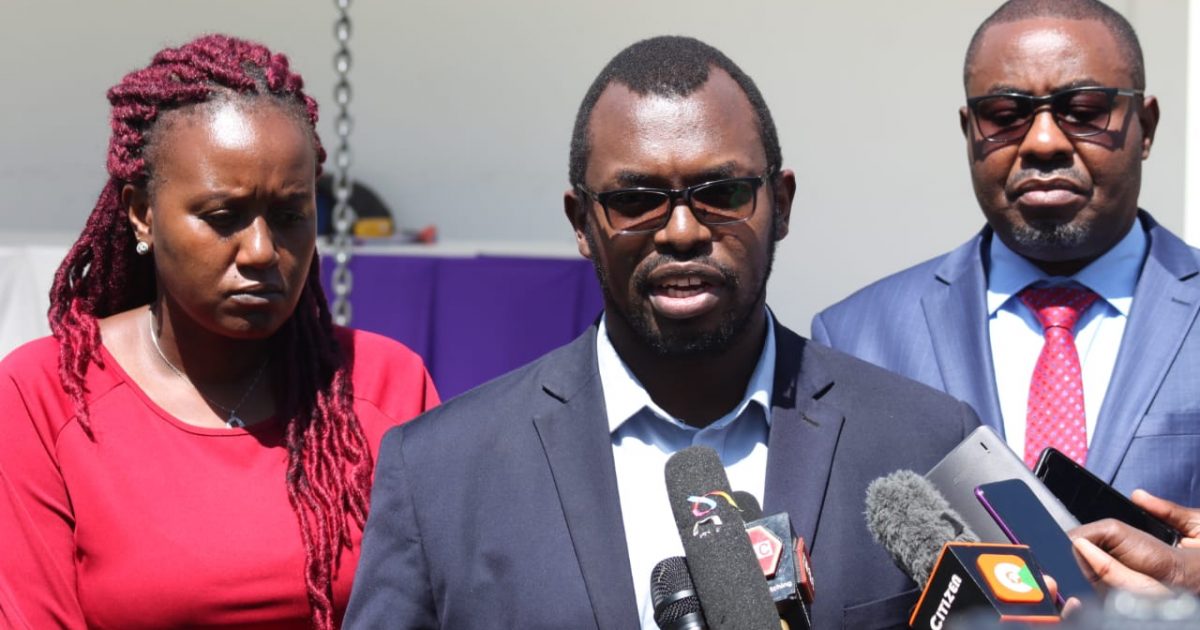The National Hospital Insurance Fund (NHIF) has written a proposal to the National Treasury to secure Sh. 6.9 billion to roll out a preventive healthcare package.
NHIF Acting Chief Executive Officer (CEO) Samson Kuhora said the insurer plans to work with primary health facilities across the country to strengthen preventive health and save billions of shillings spent on treatment.
The new package, he said, targets to scale up screening for cancer, diabetes, and other common ailments to ensure they are detected early and managed to reduce the burden and cost of treatment.
Dr. Kuhora said NHIF spends billions of shillings annually on treatment, adding that the shift from curative to preventive health was set to redirect the huge expenditure to other aspects of the health sector.
He disclosed that most of the diseases being managed at NHIF-accredited facilities, especially cancer and renal failure, were in critical stages because of late diagnosis.
Treatment of cancer and renal failure, he said, continues to burden Kenyans, with the number of cases that could have been detected early and managed rising.
The national health insurer, he disclosed, spent Sh 3.8 billion on dialysis last financial year, money that could have been saved and diverted to other forms of healthcare.
“More than 40% of the cases that go to end-stage renal failure, which necessitates dialysis, are caused by diabetes. So by intervening early enough through proper diagnosis, it will effectively reduce the number of patients who require dialysis,” he said.
In an interview with KNA, Dr. Kuhora said financing treatment had become a big challenge, adding that preventive healthcare was the way to go.
“There is a good return on investment when you intervene early enough. It is less expensive because you get the patients early enough,” he said.
The proposal, he said, has been presented to different stakeholders in government, including the economic council, adding that once approved, 85% of Kenyans will benefit from the cover.
“We have engaged the government and actually quantified how much it is likely to cost to have these early interventions in place. We are now in the final stages of firming it up, and once we get the commitment from the government, we shall launch,” he said.
Another proposal in the pipeline, he said, was the establishment of a critical illness emergency fund to support Kenyans struggling to care for their loved ones out of pocket.
NHIF, he disclosed, has proposed the establishment of a Sh. 48 billion fund to help patients struggling with critical illnesses.
He said 63% of the costs of cancer treatment in the country were being met out of pocket, pushing families into poverty.
Once approved, patients battling the disease and other critical ailments, he said, shall be able to tap into the facility to bridge the gap.
By Chris Mahandara





